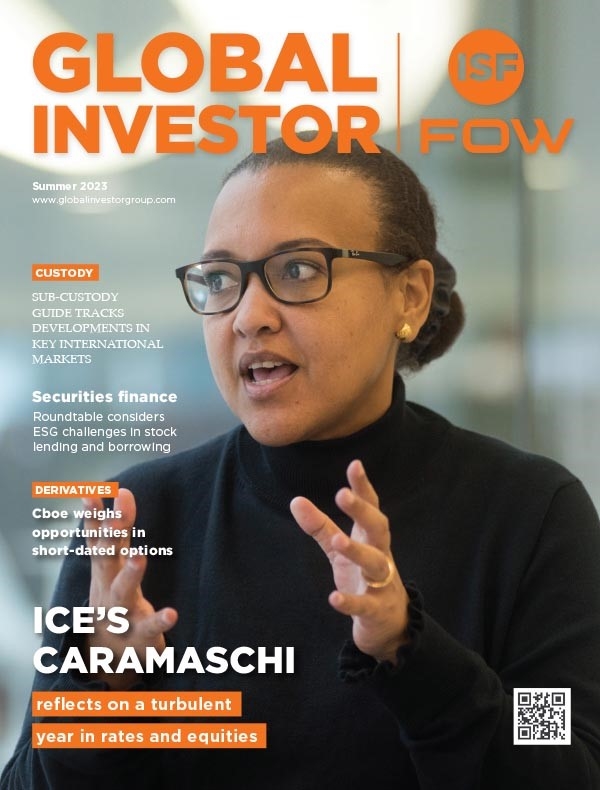Eastern Europe begins to recover

Growing private consumption and a resumed German and eurozone upturn in 2015 will offset lost exports to Russia and Ukraine as well as plummeting investments due to geopolitical worries.
“We are sticking to last spring’s assessment that the conflict will have only minor negative effects at the global level. Direct exports to Russia from individual countries are relatively small, except for the Baltics, Finland and nearby former Soviet republics. But geopolitical uncertainty will also blunt investment appetite, at least in the short term, not only in the vicinity of the crisis area but broadly across Europe,” says Mikael Johansson, head of Eastern European research at SEB.
Households are benefiting from continued good real incomes (especially in the Baltics) and low interest rates: both largely due to continued very low inflation. Direct trade ties between conflict-hit countries and individual Central and Eastern European countries are also relatively small, except for the Baltics and a number of other former Soviet republics.
Gradual economic recovery will continue in Poland, Central Europe and the Baltic countries in 2015-2016 despite the Russia-Ukraine conflict, which is making Russia start to stagnate and causing Ukraine’s GDP to plunge this year.
However the growth in Poland, Latvia and Lithuania will be moderate. In Estonia – which is also squeezed by Finland’s stagnation –growth will remain weak.
Short-term growth will also be squeezed by a temporary economic slump in Germany and the euro zone. Zero growth can be expected in the euro zone during the second half of 2014, partly due to uncertainty about the Ukraine crisis.
SEB expects the Russia-Ukraine conflict to be long-lasting. The growth forecasts presented in Eastern European Outlook are based on the key assumptions that the conflict will not escalate militarily, no serious disruptions to Russian energy deliveries to Europe will occur and trade sanctions between the West and Russia will not be tightened.
The current sanctions, which SEB believes will have a relatively small direct impact, will presumably remain in place during most of 2015.
Found this useful?
Take a complimentary trial of the FOW Marketing Intelligence Platform – the comprehensive source of news and analysis across the buy- and sell- side.
Gain access to:
- A single source of in-depth news, insight and analysis across Asset Management, Securities Finance, Custody, Fund Services and Derivatives
- Our interactive database, optimized to enable you to summarise data and build graphs outlining market activity
- Exclusive whitepapers, supplements and industry analysis curated and published by Futures & Options World
- Breaking news, daily and weekly alerts on the markets most relevant to you



